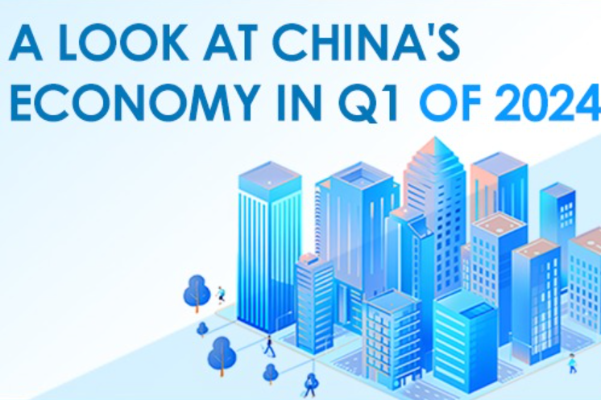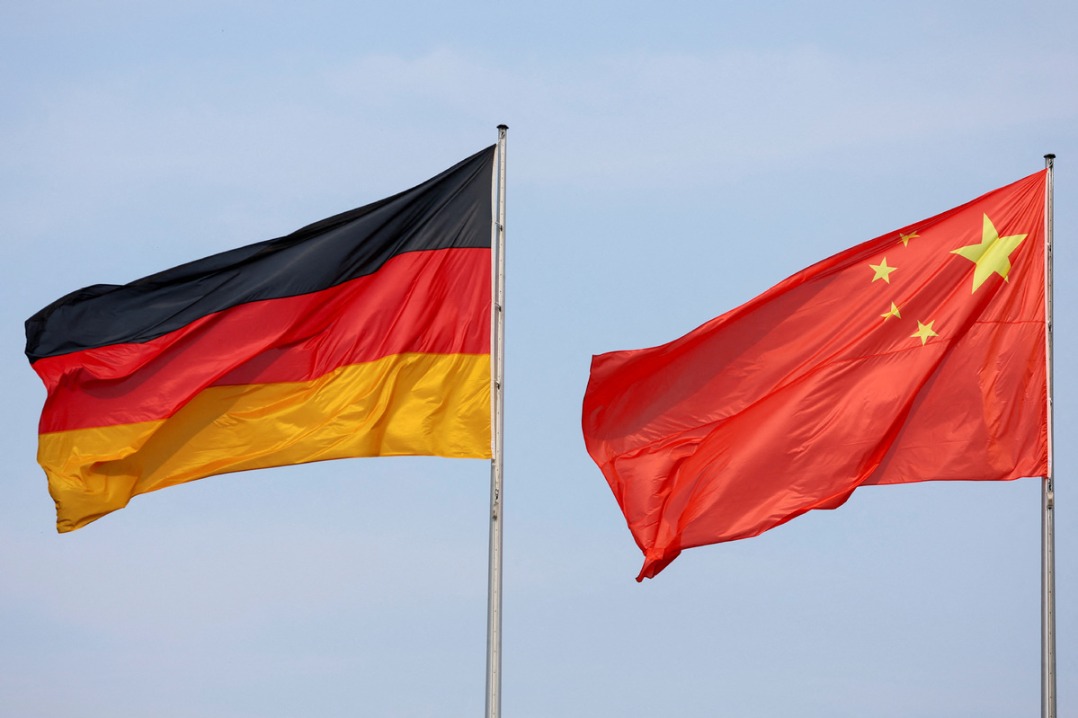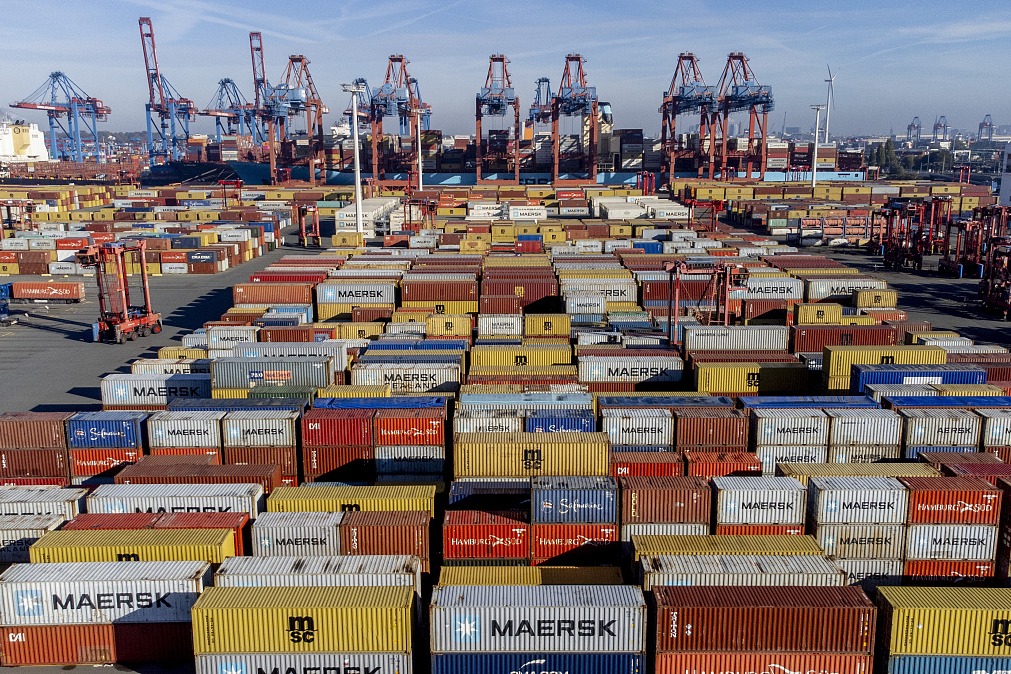ASEAN stresses regional peace and centrality

Southeast Asian nations to maintain neutral stance amid China-US tensions, analysts say
Southeast Asian countries stress the importance of regional peace as well as regional "centrality" to ease the rising stormy waters between the United States and China, analysts said.
The Association of Southeast Asian Nations has emphasized "ASEAN centrality"-advancing and implementing policies that are based on regional interest-at its 34th regional summit. In a statement published on Saturday to commemorate the 53rd anniversary of the regional bloc, Southeast Asian foreign ministers committed to "strengthening" ASEAN centrality.
The ministers said changing geopolitical dynamics "may have detrimental ramifications" for the ASEAN. They reaffirmed their commitment to maintain Southeast Asia as a "region of peace, security, neutrality and stability" and to strengthen "peace-oriented values" in line with international law.
Analysts expect the regional bloc to maintain its neutral stance amid escalating China-US tensions.
Punchada Sirivunnabood, associate professor on the Faculty of Social Sciences and Humanities at Bangkok-based Mahidol University, expects the ASEAN, as an organization, to remain impartial.
Punchada said that while individual ASEAN countries have strong diplomatic and economic ties with both the US and China, these countries "are not taking sides and (choose) to maintain balance of power in the region", adding that this is in line with the principle of ASEAN centrality.
"The evolving and evidently worsening Sino-US tensions could create an awkward situation for ASEAN countries that have long sought to maintain this precarious balance of keeping close economic linkages with China while trying to lock in continued US security commitment and investments in the region," said Collin Koh Swee Lean, research fellow at the S. Rajaratnam School of International Studies in Singapore's Nanyang Technological University.
Koh said such an economic partnership is now more crucial for ASEAN countries as they attempt to revive their respective economies while keeping the pandemic at bay.
Lucrative export market
"ASEAN countries have close economic linkages with China, and these partnerships-at the bilateral or bloc level-have become all the more important considering the pandemic," he said, adding that China is a key source of investments especially in the area of infrastructure development, providing a vast and lucrative export market for most Southeast Asian countries.
"To kick-start economic recovery, which appears to be a top priority alongside securing access to the coronavirus vaccine for the regional governments, it becomes crucial to maintain dialogue and cooperation over the issue of supply chains, investments and trade," Koh said.
On the other hand, Koh said ASEAN countries regard the US as a source of technology and investments and a partner in regional security.
Koh said that given these strong links, he does not expect the ASEAN to "rock the boat" and will continue to keep its economic and security ties warm with both China and the US.
"ASEAN, as an institution, could continue to emphasize its centrality in the security architecture," Koh said. He said the region can provide platforms like the ASEAN Regional Forum and East Asia Summit to encourage peaceful dialogue.
Strained relations
China-US relations have been strained in the past months, with the US administration repeatedly provoking China in multiple fields, including technology, education and diplomacy.
China's State Councilor and Foreign Minister Wang Yi rejected US Secretary of State Mike Pompeo's assertions that US engagement with China has been a dismal failure. He was alluding to Pompeo's policy speech delivered on July 23 at the Richard Nixon Presidential Library and Museum in Yorba Linda, California.
In his Wednesday's interview with Xinhua News Agency, Wang said Pompeo's remarks are based on a "Cold War" mentality and negated achievements from interactions between China and the US in the past few decades.
"The world can only hope that China responds in a restrained and calibrated manner, which China has shown it has the capability to," George Siy, analyst at Manila-based think tank Integrated Development Studies Institute, said.
Siy is also hoping that ASEAN leaders will continue to promote cooperation over conflict and stressed that ASEAN centrality has become "more important" given how the strained US-China relations are affecting Southeast Asia.
"ASEAN leaders may also help reason with their US and China counterparts-that cooperation, rather than conflict, serves everyone's interest," he said.
Siy said the unprecedented development and solidarity seen in the ASEAN, even amid the COVID-19 challenges, shows that ASEAN centrality "has generally delivered on a more progressive region which can now better navigate the stormy waters".
Lucio Blanco Pitlo III, research fellow at the Asia-Pacific Pathways to Progress Foundation, a Manila-based foreign policy think tank, said China and the US have "important security and economic roles" in Southeast Asia. As such, it is unlikely for any of the ASEAN countries to take sides.
"Instead, they will reinforce ASEAN centrality and convening role in any attempt to shape the evolving regional security or economic architecture," he said.
MOST POPULAR
- 1 Things to know about China Intl Consumer Products Expo 2024
- 2 China tops FDI confidence index of emerging markets
- 3 China specifies steps to improve payment services in tourist attractions
- 4 Low-altitude economy set to take off
- 5 China's immigration service platform receives over 10m calls from home, abroad
Editors' Picks
 Infographic:
A look at China's economy in Q1 of 2024
Infographic:
A look at China's economy in Q1 of 2024
 Infographic:
China to remove foreign ownership restrictions in value-added telecom services in pilot areas
Infographic:
China to remove foreign ownership restrictions in value-added telecom services in pilot areas
 Infographic:
2023 Sino-German investment and trade in numbers
Infographic:
2023 Sino-German investment and trade in numbers
 Infographic:
China-Germany relations in graphic
Infographic:
China-Germany relations in graphic



